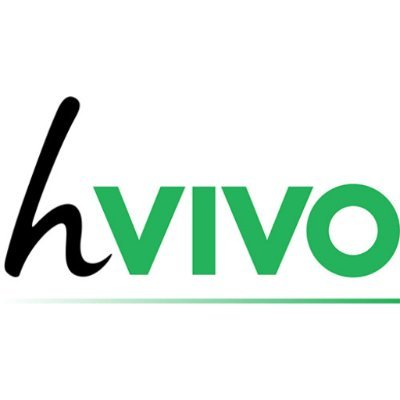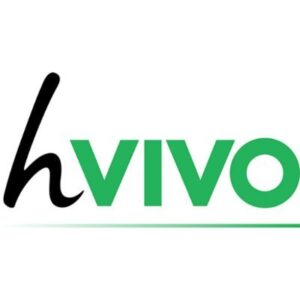The use of multiplex PCR in clinical research has proven to be an effective tool for screening participants in human challenge studies and for isolating new viruses. This approach involves the collection and testing of nasopharyngeal swabs from participants entering quarantine or attending vaccination visits. These volunteers, all of whom were asymptomatic, were tested for a wide range of respiratory pathogens, including various strains of Coronavirus, Influenza, Rhinovirus, and others. The findings from over 1,300 participants between January 2022 and January 2024 revealed that around 16% tested positive for one or more pathogens, with Rhinovirus/Enterovirus being the most common. Co-infections were also detected, particularly involving Rhinovirus/Enterovirus.
Multiplex PCR serves two main purposes in this context: first, it ensures the eligibility of volunteers by identifying asymptomatic carriers of respiratory viruses who could affect the results of the study; and second, it aids in isolating new virus strains for further research. This method is crucial in maintaining the integrity of human challenge studies by preventing transmission and confounding variables. It also supports the development of new models for human infection by isolating and amplifying new viruses, such as Influenza H1N1, H3N2, and hMPV, which are then used in challenge studies to create seed virus stocks and GMP master virus banks.
Additionally, from 2021 to 2023, a virus isolation programme was carried out among hVIVO employees, their families, and friends, who voluntarily participated when symptomatic. The samples collected were tested using the same multiplex PCR panel for a broad array of respiratory pathogens. A significant number of participants were found to be infected with common respiratory viruses, with Rhinovirus/Enterovirus, SARS-CoV-2, and Coronavirus OC43 being the most prevalent. Some participants were co-infected with multiple viruses, and a few samples even tested positive for three different viruses.
The application of multiplex PCR has been pivotal in both ensuring the safety and eligibility of participants in human challenge studies and in isolating new viruses for future research. This approach has enhanced the scientific validity of studies while also contributing to the development of new challenge models for investigating respiratory infections.
hVIVO plc (formerly Open Orphan plc), led by Cathal Friel, is a rapidly growing specialist contract research organisation (CRO) and the world leader in testing infectious and respiratory disease vaccines and antivirals using human challenge clinical trials, providing end-to-end early clinical development services for its broad and long-standing client base of biopharma companies.


